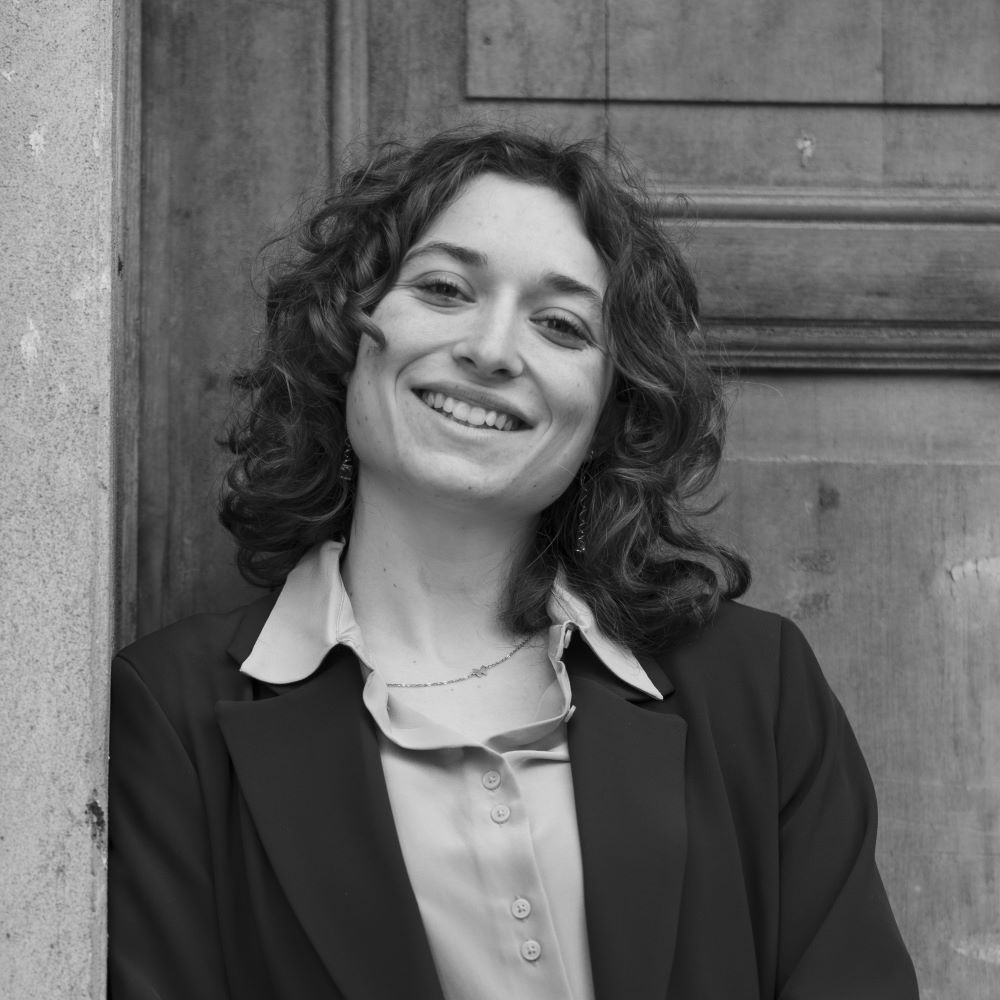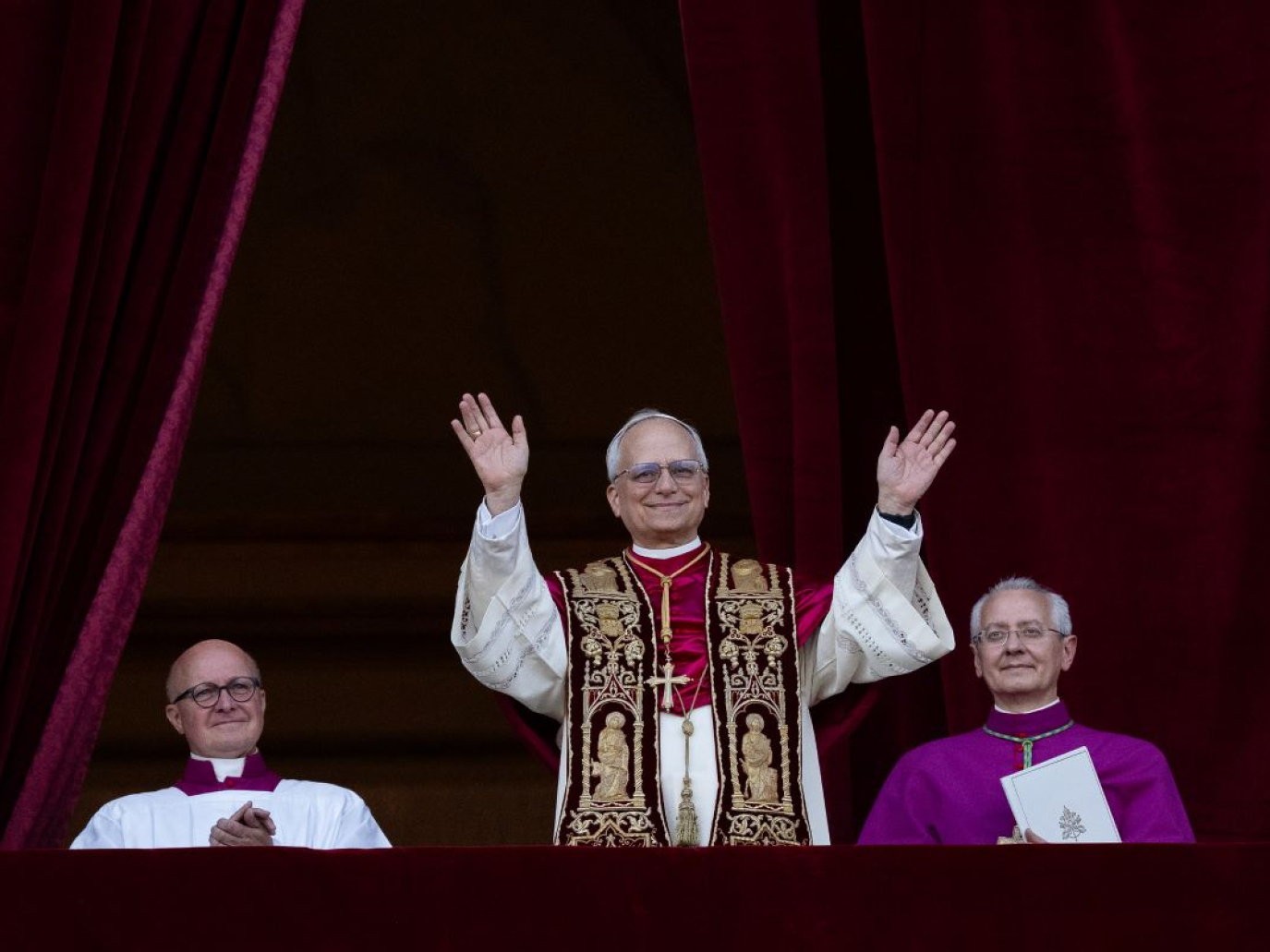This article is also available in Italian / Questo articolo è disponibile anche in italiano
The 267th Pope has been elected. At 6.07 pm on Thursday, the 8th of May 2025, the long-awaited white smoke rose from the chimney atop the Sistine Chapel. The new pontiff is Robert Francis Prevost, who chose the name of Leo XIV.
Born in Chicago, he will turn 70 on the 14th of September, and is the first North American Pope, the first from the United States. In addition to the American one, Leo XIV also holds Peruvian nationality. Prevost was Prefect of the Dicastery for Bishops and President of the Pontifical Commission for Latin America—a region he knows well, having spent twenty years as a missionary in Peru, where he also served as Bishop of Chiclayo. A member of the Augustinian order, he became an archbishop in January 2023, and Pope Francis made him a cardinal in September of the same year.
The cardinals elected him at the fourth ballot, more swiftly than Jorge Mario Bergoglio in 2013, who was chosen at the fifth one, also on the second day of the conclave.
Pope Prevost, now Leo XIV, opened his greeting with the words, “Peace be with all of you”, and in his first address, delivered to a St Peter’s Square filled with one hundred thousand people waiting, he repeatedly called for peace, making frequent mention of Pope Francis and the blessing he gave on Easter Day, the day before his death.
He then emphasised the ideas of equality and unity, the importance of “building bridges” and of a “missionary Church”. He spoke briefly in Spanish too, thanking the Diocese of Chiclayo, before addressing a “special greeting” to the Diocese of Rome, of which he became bishop upon his election to the papacy.
Prevost: on the climate crisis, it is time to move “from words to actions”
A positive signal appears to be emerging from this election concerning the fight against the climate crisis. As Vatican News reports, in a seminar held in Rome on the 28th of November, organised by the embassies of Cuba, Bolivia, and Venezuela at the Holy See, several cardinals gathered to discuss the global impacts of the ongoing environmental crisis. Among them was Cardinal Prevost, now the newly elected Pope Leo XIV.
While Pope Francis had sent a letter to participants, drawing attention to the fact that the greatest impacts of climate change are borne by the poorest nations, Prevost highlighted that it was time to move “from words to actions”.
In Prevost’s view, the response to the environmental challenge must be rooted in the Church’s Social Doctrine: humanity’s “dominion over nature” must not become “tyrannical”, but should instead be a “relationship of reciprocity” with the environment.
Prevost also warned of the “harmful” consequences of technological development, reaffirming the Holy See’s commitment to environmental protection, and listing examples such as the installation of solar panels and the transition to electric vehicles in the Vatican.
The “integral ecology” of Pope Prevost, Leo XIV
Pope Leo XIV’s view of the environment is closely tied to the social dimension, in continuity with the concept of “integral ecology” put forward in Pope Francis’s encyclical Laudato Si’. This approach considers the ecological crisis as a complex issue involving not only nature, but also society, culture, and the economy, with particular attention to the poorest and most marginalised. Among them, migrants.
In fact, during his time in South America, the new Pope often showed particular attention to the approximately 1.5 million Venezuelan migrants who moved to Peru to escape their country’s economic crisis. Moreover, Prevost has previously declared that “the bishop is not supposed to be a little prince sitting in his kingdom”, once again showing a sense of closeness to his predecessor, Francis.
Also read: The Pope who came from the “end of the world” and spoke to the “South of the world”
Cover: Pope Prevost © Mazur/cbcew.org.uk



